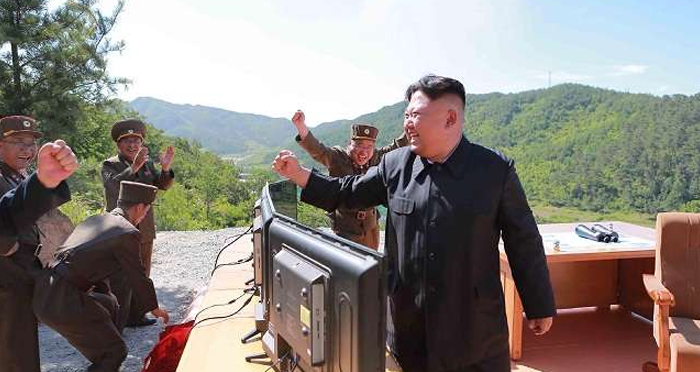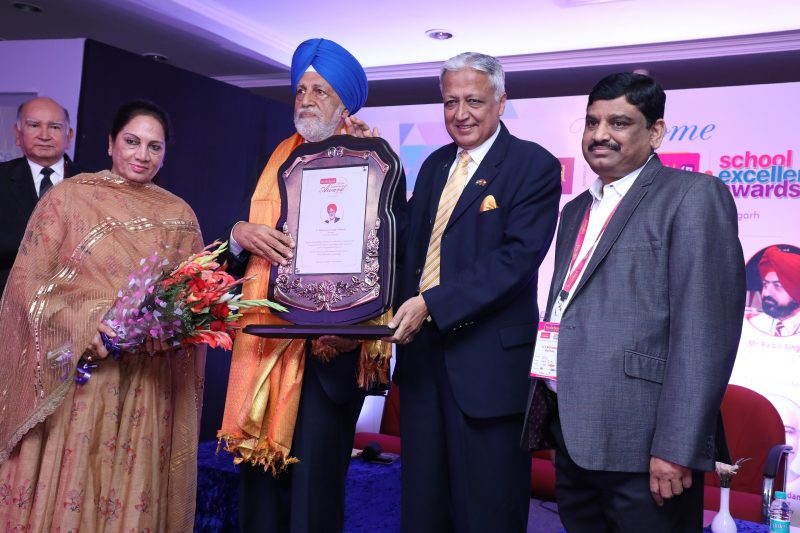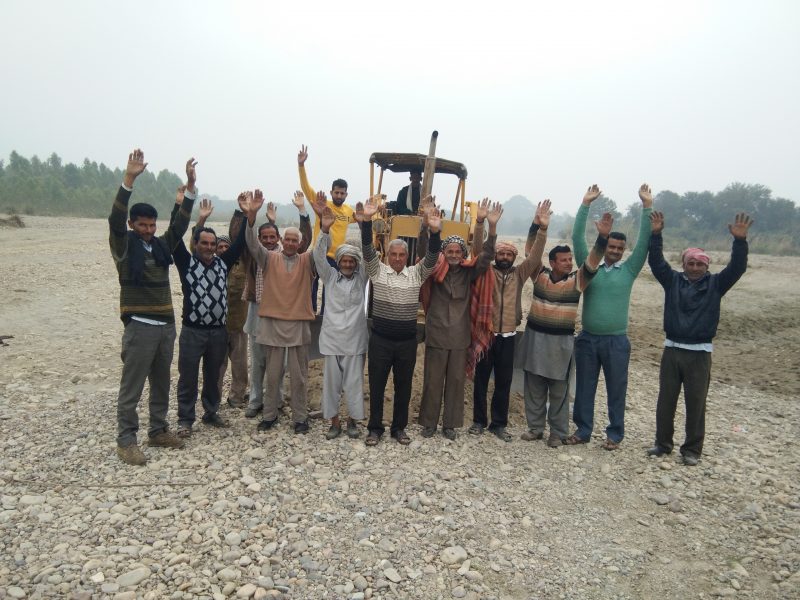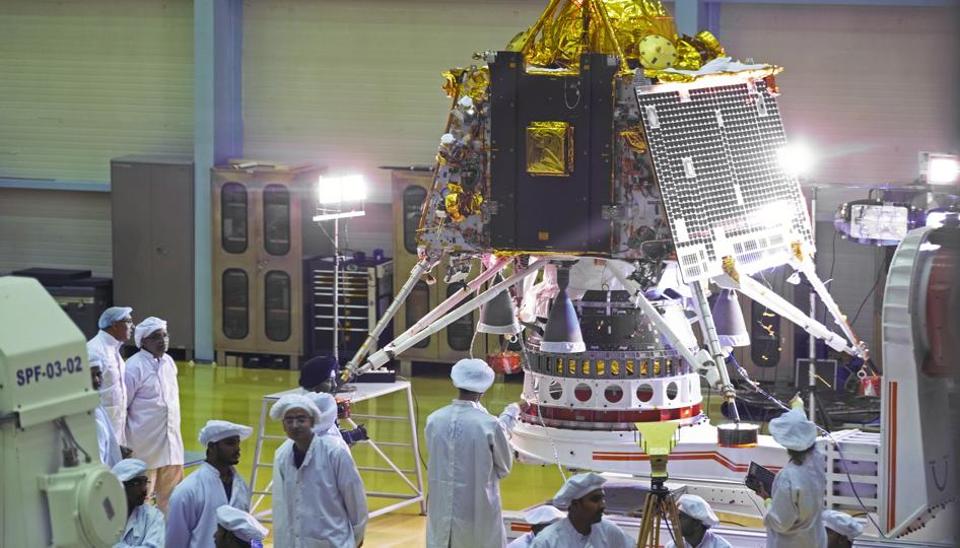The United States accused North Korea’s trading partners on Monday of aiding its nuclear ambitions and said Pyongyang was “begging for war” after the North’s powerful nuclear test on Sunday and signs that further missile launches were on the way.
South Korea said it was talking to Washington about deploying aircraft carriers and strategic bombers to the Korean peninsula.
US President Donald Trump held calls with foreign leaders, including South Korean President Moon Jae-in and German Chancellor Angela Merkel, and the White House declared that “all options to address the North Korean threat are on the table.”
Moon and Trump agreed in a telephone call to scrap a warhead weight limit on South Korea’s missiles, South Korea’s presidential office said, enabling it to strike North Korea with greater force in the event of a military conflict. The White House said Trump gave “in-principle approval” to the move.
US Ambassador to the United Nations Nikki Haley said North Korea’s Kim Jong Un was “begging for war” and urged the 15-member U.N. Security Council to impose the “strongest possible” sanctions to deter him.
“War is never something the United States wants. We don’t want it now. But our country’s patience is not unlimited. We will defend our allies and our territory,” Haley said.
“The United States will look at every country that does business with North Korea as a country that is giving aid to their reckless and dangerous nuclear intentions,” she said.
Haley said the United States will circulate a new Security Council resolution on North Korea this week and wants a vote on it next Monday.
China, a top trading partner with North Korea, and Russia called for a peaceful resolution to the crisis.
“China will never allow chaos and war on the (Korean) Peninsula,” said Liu Jieyi, the Chinese ambassador to the United Nations, urging North Korea to stop taking actions that were “wrong” and not in its own interests.
Russia said peace in the region was in jeopardy.
“Sanctions alone will not help solve the issue,” Russia’s UN Ambassador Vassily Nebenzia said.
North Korea has been under UN sanctions since 2006 over its ballistic missile and nuclear programs. Typically, China and Russia only view a test of a long-range missile or a nuclear weapon as a trigger for further possible UN sanctions.
Officials said activity around missile launch sites suggested North Korea planned more missile tests.
“We have continued to see signs of possibly more ballistic missile launches. We also forecast North Korea could fire an intercontinental ballistic missile,” Jang Kyoung-soo, acting deputy minister of national defense policy, told a parliament hearing on Monday.
North Korea tested two ICBMs in July that could fly about 10,000 km (6,200 miles), putting many parts of the U.S. mainland within range and prompting a new round of tough international sanctions.
MILITARY EXERCISES
South Korea’s air force and army conducted exercises involving long-range air-to-surface and ballistic missiles on Monday following the North’s nuclear test on Sunday, its joint chiefs of staff said in a statement.
In addition to the drill, South Korea will cooperate with the United States and seek to deploy “strategic assets like aircraft carriers and strategic bombers”, Jang said.
South Korea’s defence ministry also said it would deploy the four remaining launchers of a new US missile defence system after the completion of an environmental assessment by the government.
Rollout of the Terminal High Altitude Area Defense (THAAD) system south of the South Korean capital, Seoul, which neighbouring China and Russia vehemently oppose, had been delayed since June.
At the Security Council, neither Russia nor China mentioned their long-held opposition to THAAD or the prospect of further UN sanctions in the wake of North Korea’s nuclear test.
North Korea said it tested an advanced hydrogen bomb for a long-range missile on Sunday, prompting a warning from US Defense Secretary Jim Mattis of a “massive” military response if the United States or its allies were threatened.
Trump has previously vowed to stop North Korea developing nuclear weapons and said he would unleash “fire and fury” if it threatened U.S. territory.
Despite the tough talk, the immediate focus of the international response was on tougher economic sanctions.
Diplomats have said the Security Council could now consider banning North Korean textile exports and its national airline, stop supplies of oil to the government and military, prevent North Koreans from working abroad and add top officials to a blacklist to subject them to an asset freeze and travel ban.
Asked about Trump’s threat to punish countries that trade with North Korea, Chinese Foreign Ministry spokesman Geng Shuang said China has dedicated itself to resolving the North Korean issue via talks, and China’s efforts had been recognised.
“What we absolutely cannot accept is that on the one hand (we are) making arduous efforts to peacefully resolve the North Korean nuclear issue, and on the other hand (our) interests are being sanctioned or harmed. This is both not objective and not fair,” he told a regular briefing.
On possible new UN sanctions, and whether China would support cutting off oil, Geng said it would depend on the outcome of Security Council discussions.
China’s state-run Xinhua news agency said in an editorial that North Korea was “playing a dangerous game of brinkmanship” and it should wake up to the fact that such a tactic “can never bring security it pursues”.
















